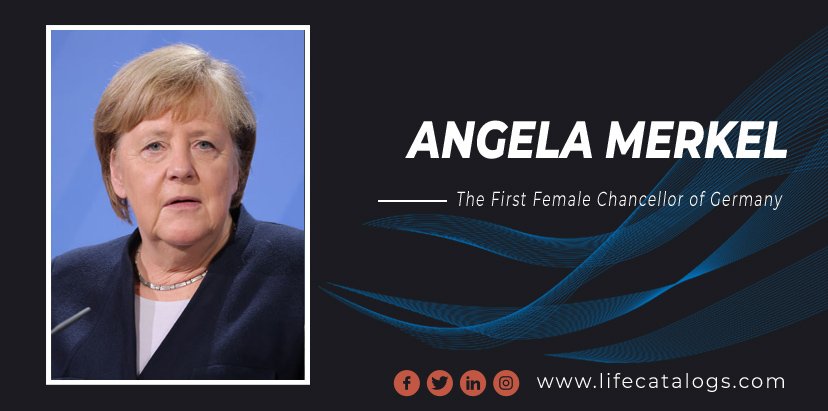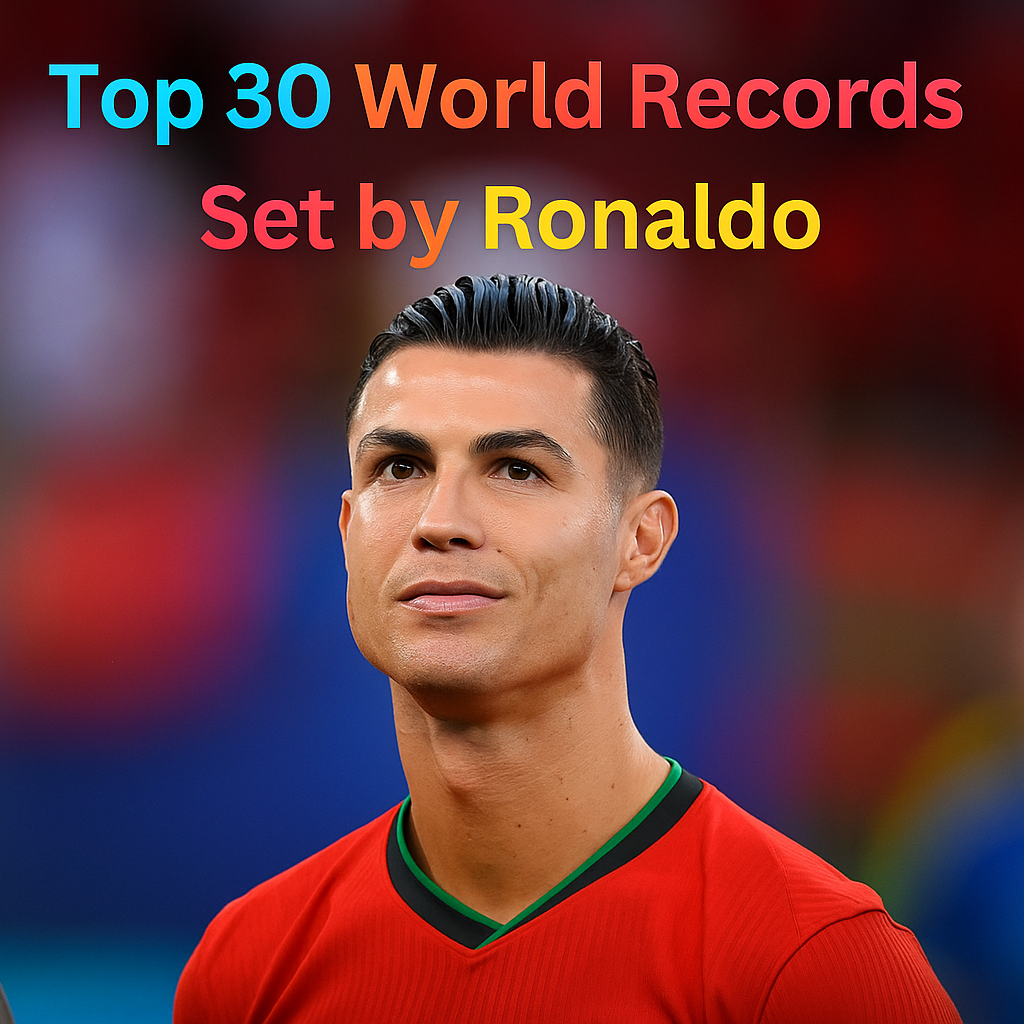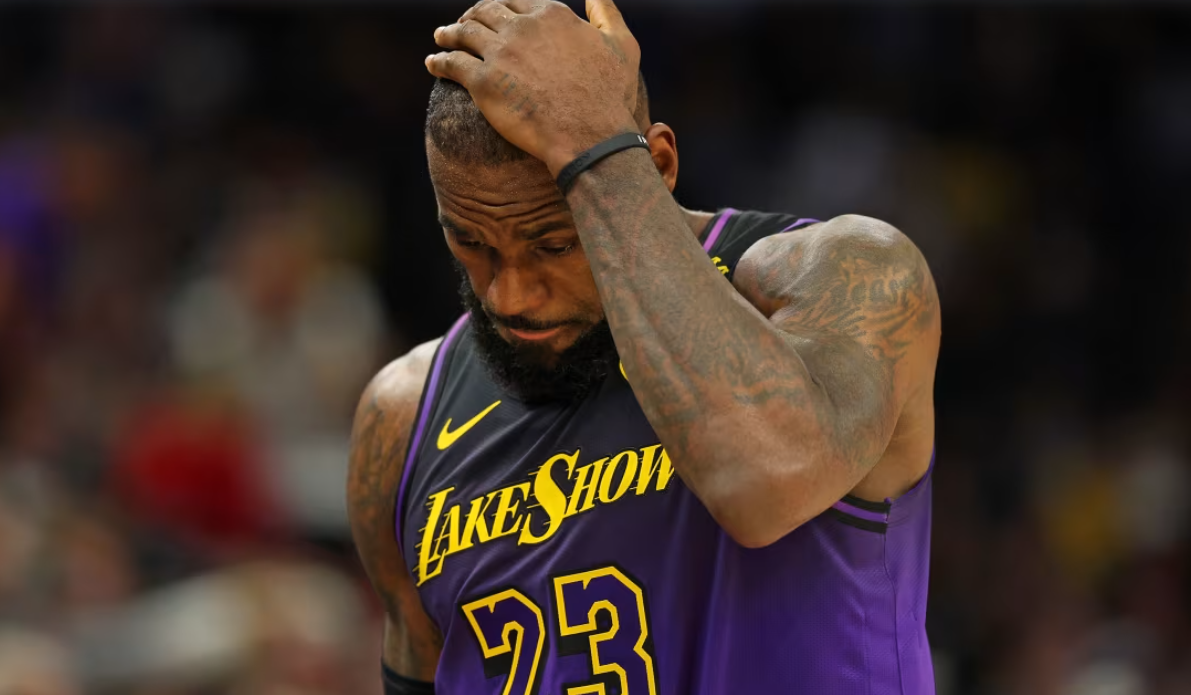The most well-known role of German politician Angela Merkel was that of Chancellor of Germany from 2005 until 2021. She became one of the most powerful leaders in contemporary European history and was the first woman to occupy this role. Merkel was instrumental in helping Germany and the European Union navigate through the COVID-19 pandemic, the European debt crisis, and the 2008 financial crisis. On the international scene, she continues to be a symbol of stability and resiliency because of her scientific approach to problem-solving, pragmatic leadership, and dedication to democracy.
Personal Details
| Full Name | Angela Dorothea Merkel |
|---|---|
| Nickname | “Mutti” (Mom) |
| Date of Birth & Age (2025) | July 17, 1954 (Age: 71) |
| Profession | Politician, Scientist |
| Nationality | German |
| Marital Status | Married |
| Family Members | Husband: Joachim Sauer (Physicist), No children |
| Hobbies & Interests | Hiking, Opera, Cooking, Science, Football (Soccer) |
| Net Worth (2025 estimate) | Approximately $11 million |
Childhood and Schooling
On July 17, 1954, in Hamburg, West Germany, Angela Merkel was born. But when her father, a Lutheran priest, accepted a church job in Brandenburg soon after she was born, her family relocated to East Germany. Merkel thrived academically despite growing up under a socialist environment that was tightly monitored.
She received her doctorate in quantum chemistry from the Central Institute for Physical Chemistry in East Berlin after studying physics at the University of Leipzig. She was a research scientist before going into politics.
Top Political Achievements
| Year | Achievement |
|---|---|
| 1990 | Elected to the Bundestag after German reunification |
| 1991-1994 | Minister for Women and Youth |
| 1994-1998 | Minister for the Environment, Nature Conservation, and Nuclear Safety |
| 2000 | Elected Leader of the Christian Democratic Union (CDU) |
| 2005 | Became Germany’s first female Chancellor |
| 2008 | Led Germany through the global financial crisis |
| 2015 | Managed the European migrant crisis with an open-door policy |
| 2020-2021 | Led Germany’s response to the COVID-19 pandemic |
| 2021 | Retired as Chancellor after 16 years in office |
Family Background
- Father: Horst Kasner – Lutheran pastor
- Mother: Herlind Kasner – Latin and English teacher
- Siblings: Two younger siblings – Marcus Kasner (physicist) and Irene Kasner
Merkel grew up in a strict but intellectual household that valued education and discipline. She was influenced by both her father’s religious teachings and her mother’s academic background.
Physical Measurements
| Category | Details |
|---|---|
| Height & Weight | 5’5″ (165 cm), ~143 lbs (65 kg) |
| Body Measurements | 36-30-38 inches |
| Eye Color | Blue |
| Hair Color | Blonde (naturally light brown) |
| Distinctive Features | Short cropped hair, calm and composed demeanor |
Entry into Politics
The fall of the Berlin Wall in 1989 caused a dramatic change in East Germany’s political landscape. Merkel took advantage of this chance to move from research to politics. The Democratic Awakening party, which she joined, subsequently amalgamated with the Christian Democratic Union (CDU). Because of her commitment and skill, she was appointed deputy spokeswoman for Lothar de Maizière’s first democratically elected East German cabinet in 1990.
Merkel was elected to represent Mecklenburg-Vorpommern in the Bundestag after German reunification. Chancellor Helmut Kohl was impressed by her political savvy and dubbed to her as “das Mädchen” (“the girl”). She was named Federal Minister for Women and Youth by Kohl in 1991, and then in 1994 she was named Federal Minister for Nuclear Safety, Environment, and Nature Conservation. Merkel gained important experience and public recognition from these positions.
Rise to CDU Leadership
In the late 1990s, Kohl and other high-ranking officials were implicated in a party financing scandal that caused internal strife within the CDU. In a show of political bravery, Merkel publicly separated from her mentor and pushed for a new beginning for the party. Her victory as the first female chairman of the CDU in 2000 was the result of this audacious maneuver, which struck a chord with the party’s base.
Chancellorship (2005–2021)
First Term (2005–2009)
In the 2005 federal election, the CDU emerged as the largest party but lacked an absolute majority. Merkel negotiated a grand coalition with the Social Democratic Party (SPD), becoming Germany’s first female Chancellor. Her initial term focused on domestic reforms, including healthcare and energy policies, and strengthening Germany’s position within the European Union.
Second Term (2009–2013)
The 2009 election saw the CDU forming a center-right coalition with the Free Democratic Party (FDP). Merkel’s government navigated the global financial crisis by implementing stimulus packages and advocating for austerity measures within the EU. Her handling of the crisis reinforced Germany’s role as Europe’s economic powerhouse.
Third Term (2013–2017)
After the 2013 elections, Merkel led another grand coalition with the SPD. This period was dominated by foreign policy challenges, notably the European debt crisis and the annexation of Crimea by Russia. Merkel’s firm stance on sanctions against Russia and her role in the Minsk agreements highlighted her commitment to European stability.
Fourth Term (2017–2021)
The 2017 election results led to prolonged coalition negotiations, culminating in another alliance with the SPD. Merkel’s final term was marked by significant events, including the COVID-19 pandemic. Her science-based approach and calm demeanor during the crisis were widely praised, solidifying her reputation as a steady leader in turbulent times.
Key Policies and Legacy
Refugee Crisis
One of the defining moments of Merkel’s chancellorship was her decision in 2015 to allow over a million refugees, primarily from Syria, Iraq, and Afghanistan, to seek asylum in Germany. Her statement, “Wir schaffen das” (“We can do it”), encapsulated her humanitarian stance. While lauded globally, this policy also sparked domestic debates on integration and national identity, leading to the rise of the Alternative for Germany (AfD) party.
Economic Policy
Merkel’s tenure coincided with robust economic growth in Germany. Her commitment to fiscal discipline, coupled with strategic investments in renewable energy and technology, ensured Germany’s competitiveness on the global stage. Initiatives like “Energiewende” aimed to transition Germany towards sustainable energy sources, reflecting her scientific background and environmental consciousness.
European Union Leadership
Merkel was often dubbed the de facto leader of the European Union. Her pragmatic approach facilitated consensus among member states on issues ranging from financial bailouts to migration policies. Her tenure reinforced the EU’s cohesion during periods of economic and political uncertainty.
Also Read: Barack Obama Biography: Life, Achievements, Family & Legacy
Foreign Relations
Merkel’s foreign policy was characterized by a balance between assertiveness and diplomacy. She maintained robust transatlantic relations, albeit navigating challenges during the Trump administration. Her interactions with leaders like Vladimir Putin were underscored by a deep understanding of history and geopolitics, advocating for dialogue while upholding democratic values.
Post-Chancellorship
After stepping down in 2021, Merkel chose a low-profile retirement
Interesting Facts
- Fluent in Russian and has won awards for her proficiency.
- A passionate opera lover, often attending performances in Berlin.
- Loves football and is a known supporter of the German national team.
Future Projects
Since retiring in 2021, Merkel has remained active in academic and diplomatic circles. She occasionally gives lectures on global affairs and is rumored to be working on a memoir detailing her time in office.
Legacy & Influence
Angela Merkel’s leadership style has inspired a new generation of politicians worldwide. She is credited with maintaining Germany’s economic stability, strengthening the European Union, and promoting science-based policymaking. Many view her as one of the most influential women in history.
Social Media & Fan Engagement
While Angela Merkel has never been highly active on social media, her office has maintained official accounts on Twitter and YouTube for public communication. Even after retirement, she continues to be widely respected, with her speeches and insights frequently discussed online.
Official Pages & Fan Pages
- Twitter: @TeamMerkel (Official)
- YouTube: Angela Merkel Official Speeches
- Instagram: Fan pages share her achievements, as she does not have a personal account.


















